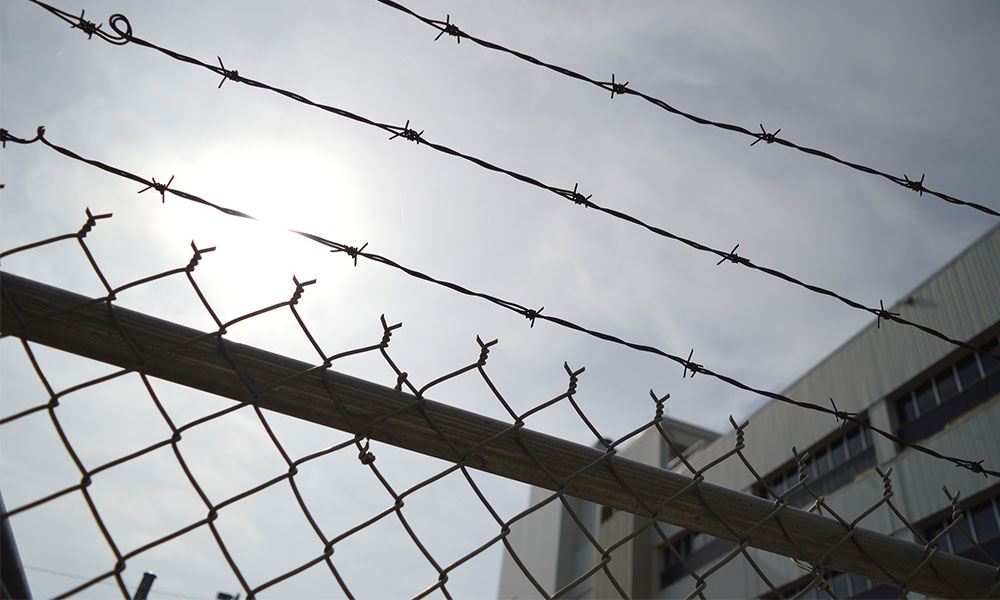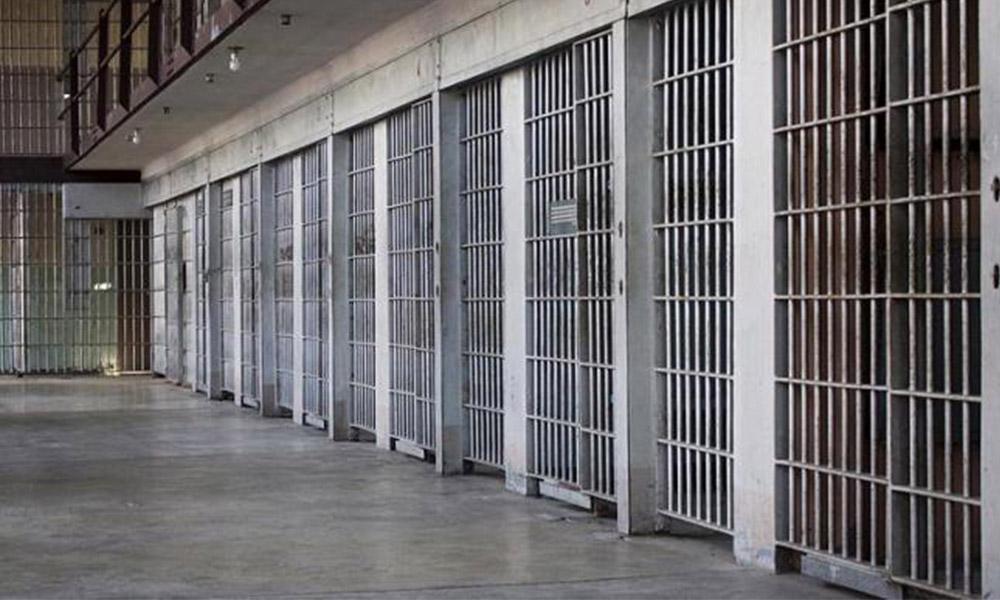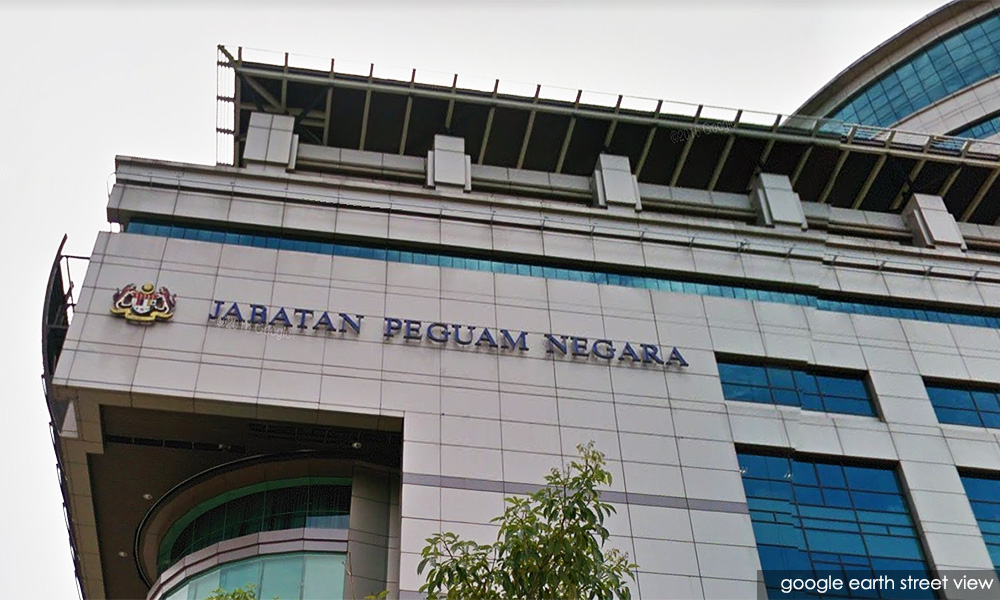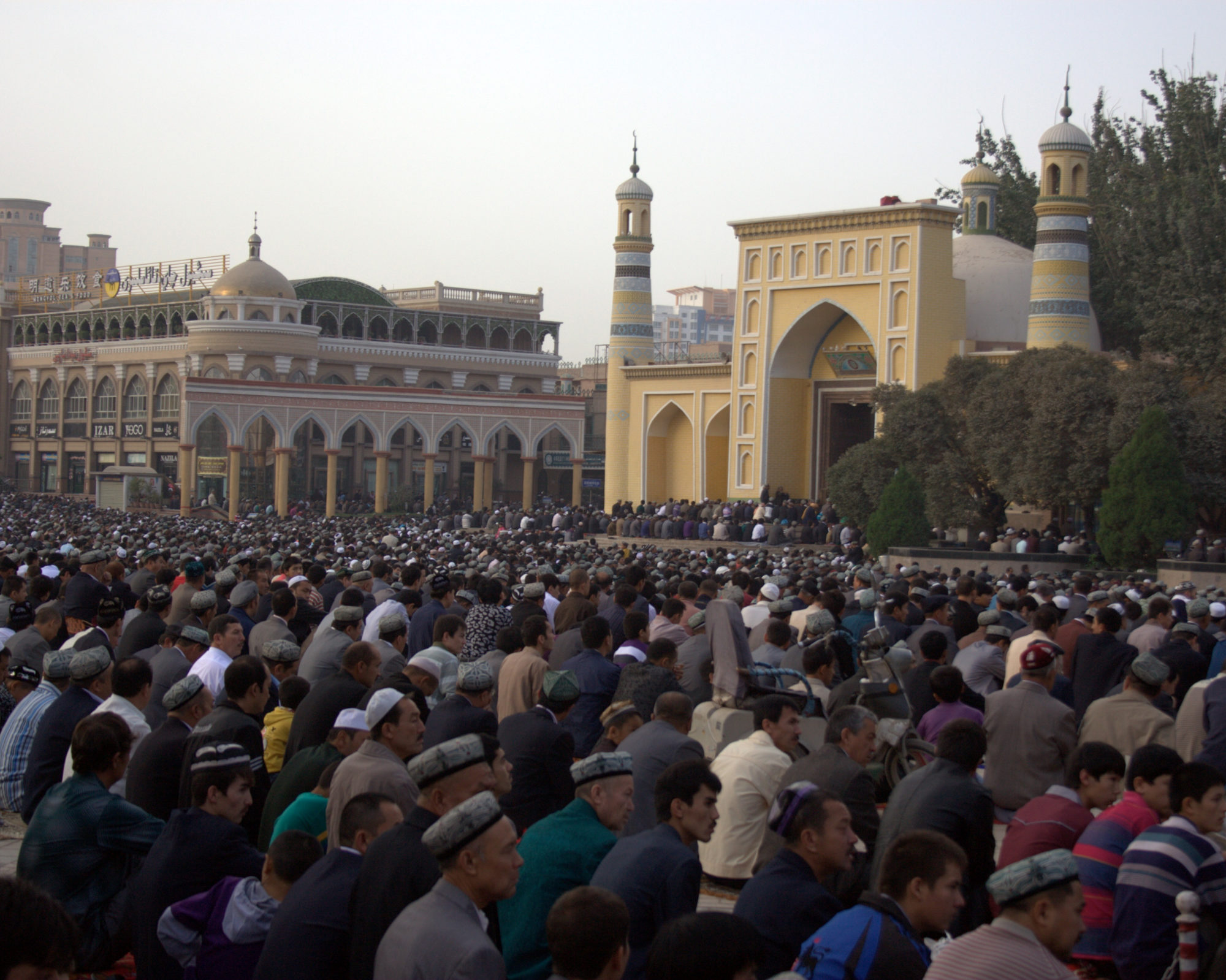
Published by Malaysiakini, images from Malaysiakini.
My first article in 2017 was on deaths in custody. In 2019, the subject is sadly still relevant, so my first article this year will keep with the tradition.
There was a long stretch after the 14th general election, in which there were no known reports of deaths in detention. We must note as a caveat, however, that just because we didn’t hear of any, it doesn’t mean that none occurred. Still, we took it as a positive sign.
Sadly, this changed by September last year. Since then, civil society has come to learn of at least three deaths in custody. There has also been at least one known case of alleged severe beating and torture of a Sosma detainee.
Lest they are forgotten, let us review what we know of these cases. The information here is gathered by the NGO Eliminating Deaths and Abuse in Custody Together (Edict), and pieced together largely from police reports made by family members of the victims.
Mustaffa Abdullah
The first case took place in Ulu Choh Prison, in Johor, and the victim was Mustaffa Abdullah. The 62-year-old had been detained in Ulu Choh for the past year.

Medical reports state that Mustaffa was diagnosed with schizophrenia and was being treated by psychiatrists at Hospital Permai. He was reportedly incontinent, and found to be relieving himself in various places.
On Aug 8, Mustaffa’s son visited him in prison, where he saw bruises on his father’s head. He told his son that he had been hit while in prison.
According to a police report filed three days later, Mustaffa’s son said he was informed by prison authorities that his father had “suddenly become unconscious (tiba-tiba tak sedarkan diri)” and died on the way to the hospital.
Lau Ah Huat
The second case happened in Taiping Prison. The victim was Lau Ah Huat, 40.
According to a police report filed by his wife, Lau spoke to her on the phone on Sept 18, saying that he was in good health.
On Sept 20, he was taken to the Ipoh courts, where his older brother saw him and also said he was in good health.
Lau died in custody just three days later, with the official cause of death being severe pneumonia.
Lau’s wife became extremely suspicious for a number of reasons. As she noted in her report, when she went to recover her husband’s body, she was initially told that she could not do so because he had allegedly converted to Islam.
Secondly, Lau’s younger sibling, who saw the deceased’s body on the night of his death, reported that he was still handcuffed. Thirdly, Lau’s wife also saw blood marks on his neck and chest.
In her report, she also said she had been informed of Lau and others being allegedly beaten by members of the police Special Actions Unit (“dipukul bersama dengan beberapa orang lain oleh pihak UTK”).
Lau leaves behind two young daughters.
Faizal Yeit
The third case happened the very day after Lau died, in Batu Pahat Police Headquarters. The victim was Faizal Yeit, 32.

Faizal had been remanded by the police on drug related charges. According to a police report filed by Faizal’s elder sibling, his brother complained of stomach pains and was brought to the hospital on Set 23.
The doctor that examined Faizal said he was fine, and had him sent back to the lockup.
The next day, Faizal’s family was informed that he had died. The early autopsy indicated that his intestines had ruptured (“usus Allahyarham telah berlubang dan pecah“).
Faizal’s sibling also became suspicious of bruises on his brother’s neck and stomach, which he believes could indicate “physical violence (kekerasan fizikal).”
Muhd Syahir Mohammed Nordin
In addition to deaths in custody, we still see reports of beatings and torture in custody.
One such recent case involves Muhd Syahir Mohammed Nordin, 28, who was arrested on Nov 18 in Pengkalan Chepa. He was investigated under Sosma for having links to Islamic State.
On Nov 22, he was brought to Bukit Aman and later to the Police Remand Centre in Sentul.
In his police report, Syahir claims that officers slapped him until his lips bled, kicked him in the thighs until he could not stand, punched him in the stomach and chest until he could not breathe, and elbowed him in the face which caused wounds requiring seven stitches on his brow.
When Syahir was brought to the doctor, his alleged abusers told him to tell the doctor that he “fell in the bathroom (jatuh bilik air),” and threatened to detain his parents if he did not comply.
More proactive AGC needed
These kinds of brutal, shocking cases were a staple in the old Malaysia.
Our hopes ran high that we would see an end to all these clearly avoidable deaths and severe tortures in custody with the new government. Tragically, this appears to not be the case.
With some help, Edict finally managed to secure a meeting last month with the attorney-general to discuss these cases, as well as the ongoing legal proceedings regarding a number of deaths in custody that had occurred before the change of government.

One such example of the latter was the case of Syed Mohd Azlan Syed Mohamed Nur, who died in custody on Nov 4, 2014.
The Attorney-General’s Chambers appears to be taking the inconsistent and illogical stand of prosecuting the police involved in his death in the criminal courts, while defending them in the civil courts.
Edict’s meeting with the AG produced mixed results at best.
I will not comment at length here, except perhaps on two counts. Firstly, the AG seemed to believe that civil society should exert as much pressure as possible, and as loudly as possible, in order to pursue justice for cases of death and/or abuse in custody.
Why the AG should require external pressure to aggressively pursue what is right and just seems a little perplexing, but nevertheless, civil society will do its part.
Secondly, the AG’s chambers did appear to at least do the bare minimum and order inquests – which, by right and by law, should automatically have been initiated the moment the victims died – into the three most recent deaths in custody. This is a relatively positive development, credit where it is due.
As an aside, as a matter of procedure, we should note the comments of lawyer M Visvanathan regarding the inquest into the death of Muhammad Adib Kassim. Visvanathan argues that an inquest is not technically the correct legal proceeding to pursue while a murder investigation is ongoing.
Effective instructions for cops
We understand that the government has a lot on its plate. That said, let us not forget here that we are dealing with cases of literal life and death.
No matter how many billions or trillions of ringgit worth of problems we are pursuing, try to think what impact a death like this would have if it happened to a member of your own family.
This is no small problem, and we owe the loved ones of these victims much, much more than we have provided so far.
As far as management is concerned, we must remember that the police have always been a very strictly regimented organisation, whose officers are well known for following orders religiously.
If there is a strong, loud and clear directive from the inspector-general of police and the Home Ministry, I am confident that this will result in fewer or even no deaths in custody. A similar logic likely applies to the Prisons Department.
A directive like this can save countless lives, and prevent untold suffering.
Let’s hope that 2019 will finally see a true sea change with regards to deaths in custody. Far too many have died already.
Nathaniel Tan is Director of Media & Communications at EMIR Research, an independent think-tank focused on strategic policy recommendations based upon rigorous research.

